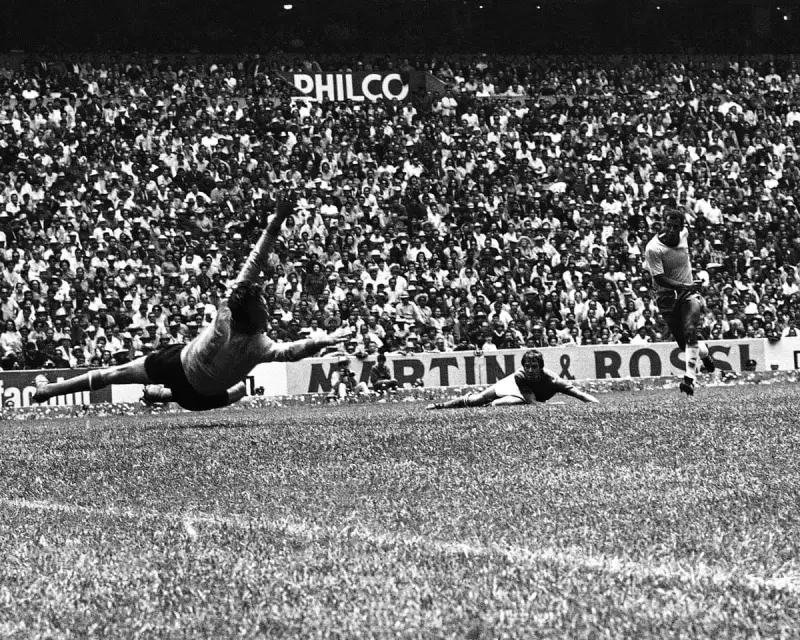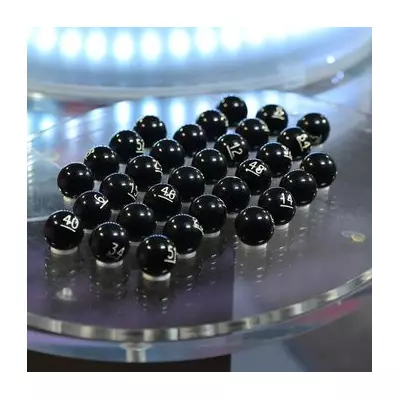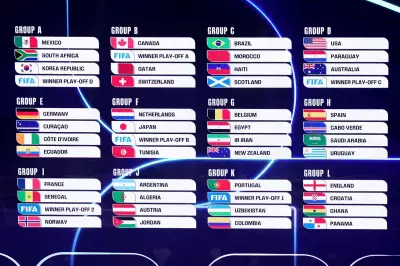
They didn't just win a tournament—they staged a revolution. The Brazil team of 1970 didn't merely lift the Jules Rimet trophy; they captured the global imagination and became enduring symbols of artistic freedom against a backdrop of political oppression.
The Team That Transcended Sport
As Jonathan Wilson reveals in his compelling new book extract, this Brazilian side represented something far greater than footballing excellence. At a time when Brazil was governed by a harsh military dictatorship, these players became unlikely counter-cultural heroes—the Woodstock of world football.
A Political Statement in Yellow and Green
The team's dazzling style and joyful approach stood in stark contrast to the authoritarian regime back home. Their football became a form of protest, a celebration of creativity that defied the oppressive political climate. Wilson's research shows how players like Pelé, Jairzinho, and Rivellino consciously embraced this role, understanding their power as cultural ambassadors.
The Legacy That Changed Football Forever
The impact of that 1970 team extends far beyond their Mexican triumph. They established:
- The blueprint for modern attacking football – their fluid, inventive style remains the gold standard
- Football as cultural resistance – proving sport could challenge political narratives
- Enduring global icons – their yellow shirts still symbolise footballing beauty worldwide
Wilson's account provides fresh insights into how this extraordinary team balanced immense political pressure with their revolutionary football philosophy, creating a legacy that continues to inspire generations of players and fans alike.





